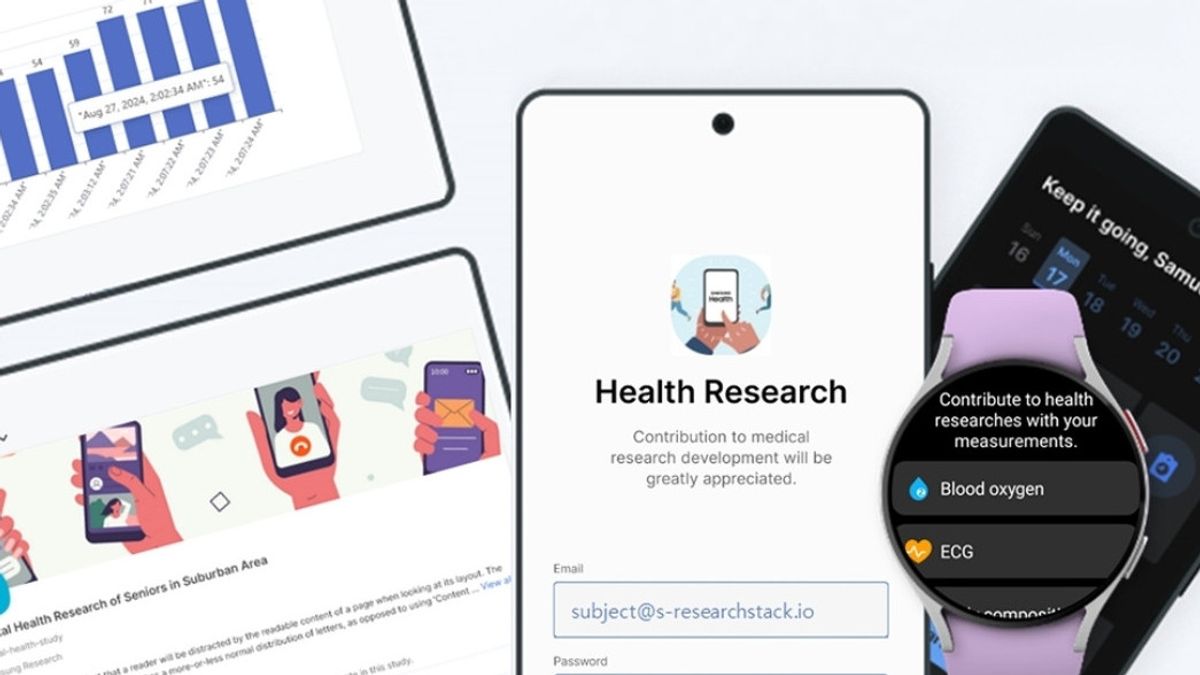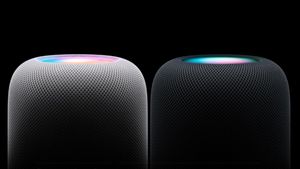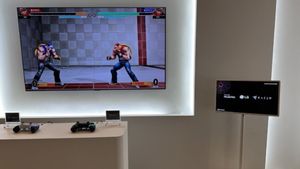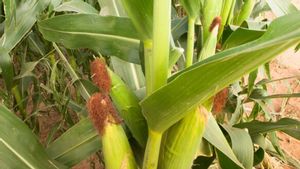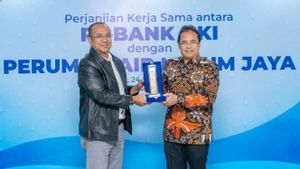JAKARTA - Samsung Electronics released Samsung Health Research Stack, an open source project for digital health research recently. This platform is claimed to be able to strengthen data-based health research.
Samsung Health Research Stack provides a platform for developers and medical researchers to plan easy and secure services using relevant data. This digital health research can be done on devices that support Android or wearOS.
"Clinical research requires applications and services that continue to measure, share, and analyze health-related data from everyday life," Samsung said in its report. "Samsung Health Research Stack aims to help researchers implement the features they want."
To support more efficient health research, Samsung includes an application SDK at the Samsung Health Research Stack. Application SDK is a tool developed to reduce the cost and time required in developing digital applications.
The company is increasing the SDK Sensor to assist researchers in creating applications that utilize electrocardiogram data, low oxygen levels, and body composition in watches. In addition, there is also the integration of SDK Data to develop applications with sleep data.
SEE ALSO:
There are still several other features that Samsung has added to its platform. Another feature available on Samsung Health Research Stack is a back-end service to manage data in apps and web portals to help research design and data analysis.
"back-end architecture has been strengthened to deal with data from large-scale clinical trials with additional features to manage studies. Web portals assist research processes ranging from patient recruitment and surveys to data progress management and analysis," explained Samsung.
The launch of the Samsung Health Stack has been carried out since 2022. Initially, this platform was released under the name Samsung Health Stack Alpha, then changed its name to the Samsung Health Research Stack Beta 2.0 last year. Now, the project is only known as the Samsung Health Research Stack.
The English, Chinese, Japanese, Arabic, and French versions are automatically generated by the AI. So there may still be inaccuracies in translating, please always see Indonesian as our main language. (system supported by DigitalSiber.id)
